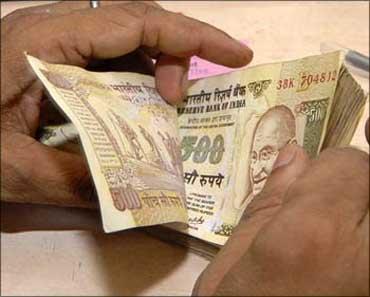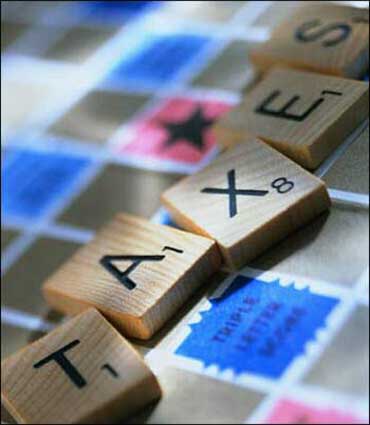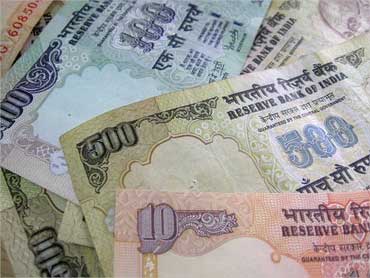
The Direct Taxes Code, which will replace the Income Tax Act, 1961, is unlikely to be implemented from the next financial year as planned earlier.
Unfazed, the finance ministry is considering announcing some DTC provisions in the Budget 2012-13.
The delay in the roll-out may occur as the chances of Parliament's standing committee on finance submitting its report on the Bill in the ongoing Winter Session, which concludes on December 23, are bleak.
The ministry is identifying DTC provisions which cannot wait for another year and would best be rolled out from the next financial year itself.
. . .

These may include some measures in international taxation such as Controlled Foreign Corporation and General Anti-Avoidance Rules.
"About five to six provisions of DTC, such as CFC and GAAR, may come as part of the Finance Bill in the Budget if the DTC introduction date is pushed ahead," a finance ministry official told Business Standard.
With barely a week left for the Winter Session to conclude, the ministry fears the report may not be tabled in the current session and DTC would miss the April 2012 deadline.
Unlike the goods and services tax, DTC cannot be introduced in the middle of the year.
. . .

Asked whether the report would be tabled in the current session, standing committee chairman Yashwant Sinha said, "It looks difficult because only a few days are left."
The fate of GST is already uncertain, with states and the Centre still not able to arrive at a consensus on most of the contentious issues.
While the government can't do much for timely implementation of GST, it does not want to take the blame for stalling direct tax reforms, entirely in its domain.
DTC has already missed one deadline.
Earlier, it was scheduled to be implemented from April 2011.
. . .

But the government postponed it by a year, saying it wanted to give more time to the industry to adjust to the new system.
CFC and GAAR are two key highlights of the proposed DTC and are not there in the existing I-T Act.
The DTC Bill has proposed to introduce CFC rules in India for the first time.
The rules will allow authorities to tax foreign companies controlled by residents which defer payment of tax.
At present, taxing these companies gets deferred as companies delay the payment of dividends.
Foreign companies controlled by residents are taxed in the hands of the Indian company only when distributed in the form of dividends.
GAAR and CFC details will be provided separately in the rules to be framed by the finance ministry.
Thin capitalisation rules, which help tax authorities reclassify some of the interest paid on debt as dividend and deduct tax on it, may also come under GAAR.
. . .

The rules will be introduced to check tax evasion by companies which show higher capital infusion by way of loans instead of equity because interest paid on debt is eligible for tax deduction.
Dividends, on the other hand, do not enjoy any deduction as they are paid from the income post-tax.
The DTC Bill, aimed at simplifying tax rules and widening the tax base, was tabled in the Lok Sabha in August 2010 and referred to the standing committee for scrutiny.